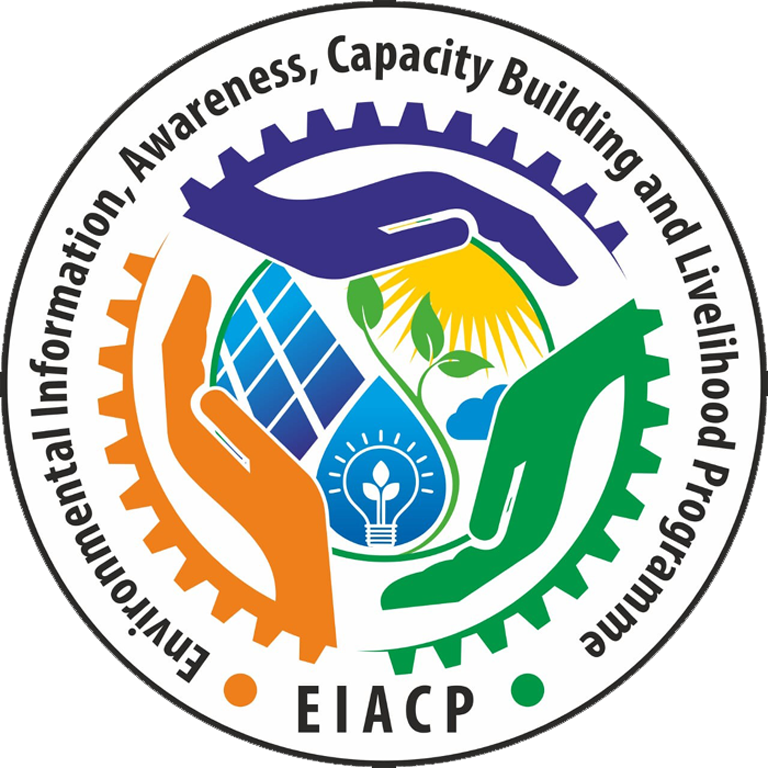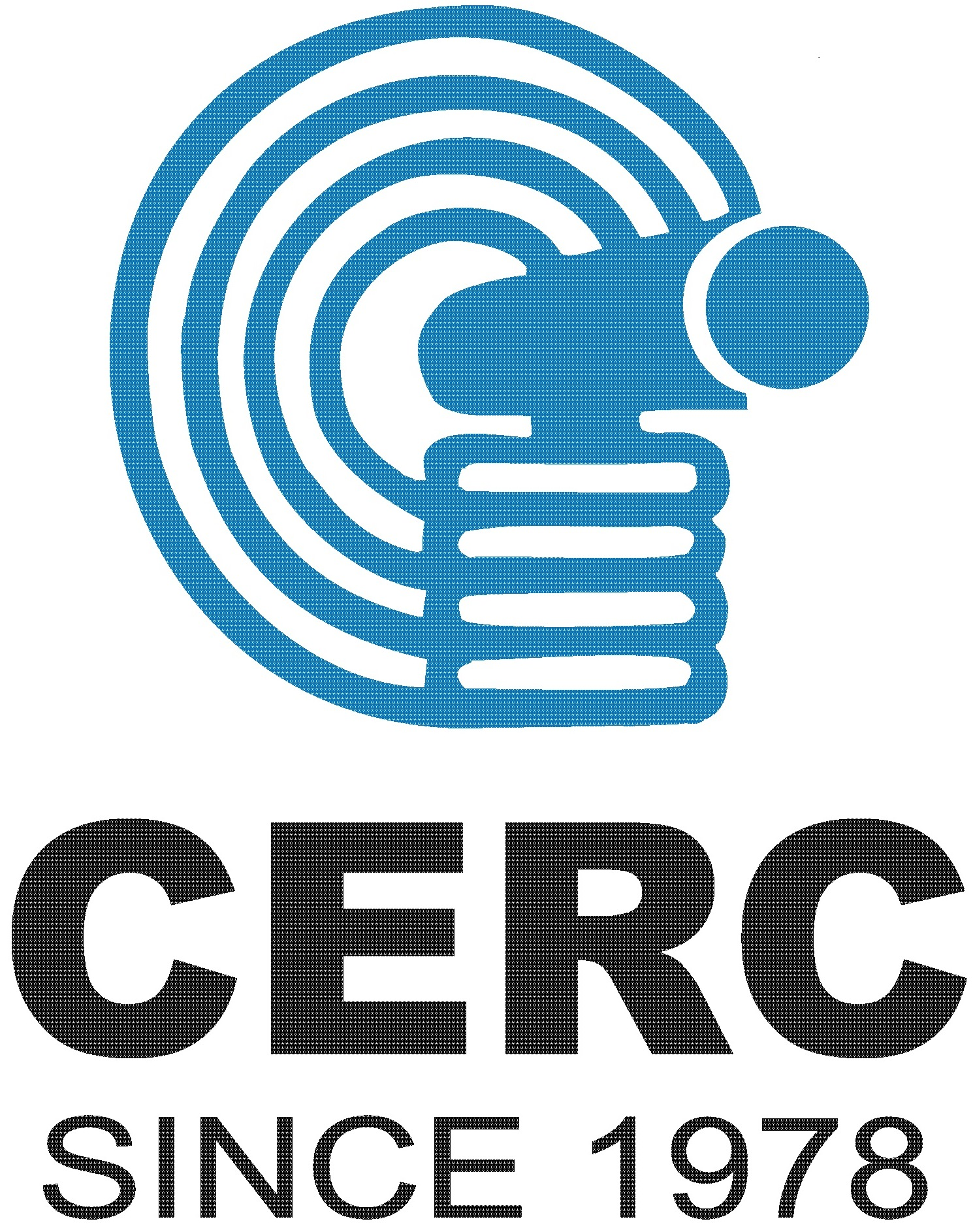Environmental labelling is a major issue for every international body that deals with the environment or trade. While organisations such as the UN Conference on Trade and Development (UNCTAD), the UN Environment Programme (UNEP) and World Trade Organisation have concentrated on the policy side of the issue, the International Organisation for Standardisation (ISO) has been carrying out work on standardising environmental labelling schemes. The ISO work, begun in January 1993, is being carried out under the rubric of the ISO Technical Committee number 207 (TC207). TC207 is the umbrella body for environmental standards setting. It is working on standards ranging from corporate activity (environmental management systems, environmental auditing), to product evaluation (environmental labelling, environmental performance evaluation).
As part of its ISO 14000 series of environmental standards, the ISO has drawn up a group of standards specifically governing environmental labelling. It contains guiding principles for the development and use of certain types of environmental labels.
The ISO has identified three broad types of labelling schemes as a part of its ISO 14020 family:
Type I is a multi-attribute label developed by a third party;
Type II is a single-attribute label developed by the producer;
Type III is an eco-label whose awarding is based on a full life-cycle assessment.
Standard |
Description |
Application |
ISO 14020 |
Environmental Labelling: General Principles |
Sets out nine general principles that apply not only to labeling schemes but to all environmental claims, designed to promote accurate, verifiable and relevant information |
ISO 14021 |
Environmental Labels and Declarations: Self-Declaration Environmental Claims, Terms and Definitions |
Sets out requirements for Type II labels, i.e. environmental claims made for goods and services by the producer |
ISO 14022 |
Environmental Labels and Declarations: Self-Declaration Environmental Claims, Symbols |
Promotes the standardization of terms and symbols used in environmental claims, e.g. 'recycled content' |
ISO 14023 |
Environmental Labels and Declarations: Self-Declaration Environmental Claims, Testing and Verification |
(Currently under review) |
ISO 14024 : 2018 |
Environmental Labels and Declarations: Environmental Labeling Type I, Guiding Principles and Procedures |
Establishes the principles and procedures for developing Type I environmental labelling programmes, including the selection of product categories, product environmental criteria and product function characteristics, and for assessing and demonstrating compliance. It also establishes the certification procedures for awarding the label. |
ISO 14025:2006 |
Environmental labels and declarations -- Type III environmental declarations -- Principles and procedures |
Establishes the principles and specifies the procedures for developing Type III environmental declaration programmes and Type III environmental declarations. It specifically establishes the use of the ISO 14040 series of standards in the development of Type III environmental declaration programmes and Type III environmental declarations.
It establishes principles for the use of environmental information, in addition to those given in ISO 14020:2000 |
The committee is also working on the standardisation of Life-Cycle Analysis, which is seen as the backbone of much of the work of TC207. The work of the ISO TC207’s Subcommittee-3 on environmental labellings divided into work on the types of labels mentioned above (Ecolabel, Eco-Profile labels and manufacturers own claims), plus work on general principles. While sub committee -5 of TC is working on Life cycle assessment. In June 2008, a working group on eco-efficiency assessment on product life cycle has established and released standards in 2011 and 2012. The purpose is to standardize in the field of LCA. It is used as a tool for environmental management of product and service systems. It involves the assessment of impacts on the environment from extraction of raw materials to the disposal of waste.
Standard |
Description |
Application |
ISO 14040:2006 |
Environmental management –Life cycle assessment |
Principles and framework |
ISO 14044:2006 |
Environmental management –Life cycle assessment |
Requirements and guidelines |
ISO 14045:2012 |
Environmental management -- Eco-efficiency assessment of product systems |
Principles, requirements and guidelines |
ISO 14046:2014 |
Environmental management -- Water footprint |
Principles, requirements and guidelines |
ISO/TR 14047:2012 |
Environmental management –Life cycle assessment |
Illustrative examples on how to apply ISO 14044 to impact assessment situations |
ISO/TS 14048:2002 |
Environmental management –Life cycle assessment |
Data documentation format |
ISO/TR 14049:2012 |
Environmental management –Life cycle assessment |
Illustrative examples on how to apply ISO 14044 to goal and scope definition and inventory analysis |
ISO/TR 14071:2014 |
Environmental management –Life cycle assessment |
Critical review processes and reviewer competencies: Additional requirements and guidelines to ISO 14044:2006 |
ISO/TR 14072:2014 |
Environmental management –Life cycle assessment |
Requirements and guidelines for organizational life cycle assessment |
ISO/AWI TR 14073 |
Environmental management –Water Footprint |
Illustrative examples on how to apply ISO 14046 |











